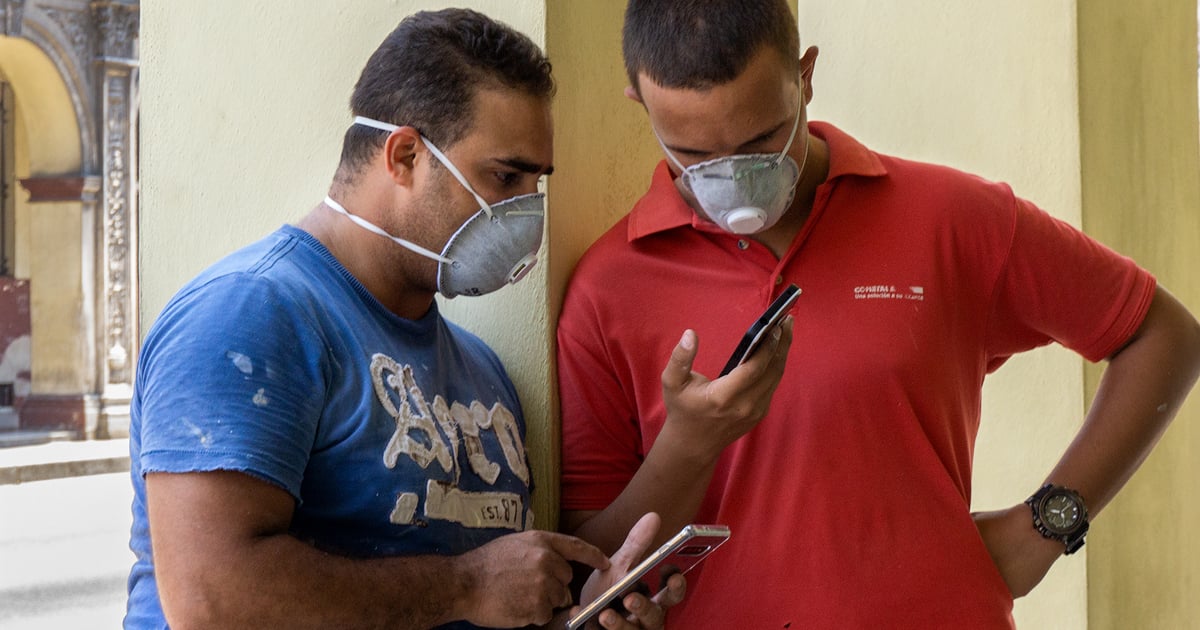
Scams in online buying and selling are increasing in Cuba, in a context marked by the rise of e-commerce and the characteristics of the exchange rate policy that lead people to acquire dollars on the black market, warned the Cuban regime's press on Thursday.
These scams usually involve the request for card information, including recent transactions that include PIN information, allowing scammers to carry out fraudulent transactions, according to a report from Canal Caribe.
It indicates that another common technique is the impersonation of confirmation messages for mobile payment services, tricking victims into making transfers after confirming a previous operation that was never actually carried out.
The report recommends minimizing the risk of these scams by not sharing personal information with strangers on social networks or buying and selling groups, and avoiding making transfers through unverified links.
"It is important to remember that confirmation messages for services such as Transfermóvil are never sent from private numbers and do not allow replies or calls," he explains.
Many cases come to light thanks to the complaints of those affected on social networks. In April, a Cuban woman reported being a victim of an attempted scam when trying to sell freely convertible currency (MLC) through an online transaction.
She revealed that a woman tried to scam her, and sent a photo with her card saying she would first exchange the national currency, asking the complainant for telebanking.
When the supposed transaction was carried out, the confirmation number came from the scammer's number instead of through the Transfermóvil payment app.
"It immediately caught my attention, and I checked the balance of my cards. The money was never transferred," he said.
This person claims to have never transferred the MLC either and posted the complaint so that other people would not have the same scare as she did.
In May, the official press warned Cubans about the increase in balance scams in recent days, with techniques that involve the use of text messages in which an unknown interlocutor, after a friendly conversation, confesses to having made a mistake in transferring a certain amount of money in CUP to another number and kindly requests that the money be forwarded. If the user agrees, they immediately become a victim of the fraud.
The confirmation message for the transfer comes from a private number, deviating from the usual protocol of Etecsa, the state telecommunications company, which sends confirmations from an official channel.
This scam method is not new. In April, Etecsa warned about this type of fraudulent practices. The recommendation is to verify the latest transactions through Transfermóvil to confirm the authenticity of any received transfer.
What do you think?
TO COMMENTFiled under: